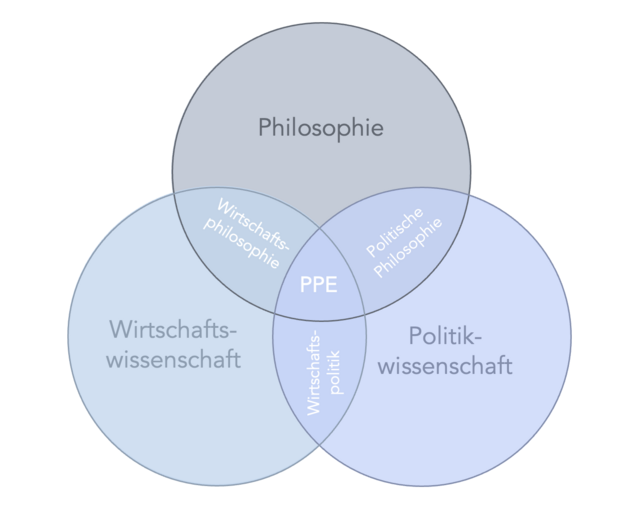Underlying Idea
Today, in an increasingly interconnected world, the social, political, and economic challenges that arise do not stop at man-made national borders, nor do they stop at the boundaries of academic disciplines. Political conflicts, ethnic or religious wars, political radicalization, economic inequalities, intercontinental migration, unifying and national currents, the interdependence of private and public life, questions of decent living, ecological crises, and aspects of globalized human coexistence cannot be addressed in disciplinary isolation. The interrelationships of human life are more complex than ever and require decision-makers who are trained to deal with multi-branched problems and to act responsibly. Graduates of the Philosophy, Politics and Economics program will be equipped to analyze and comprehend the economic, political, conceptual, and ethical components of challenges facing us, making them uniquely qualified to exercise leadership.
Lack of resources and access to resources, globalized competition, poverty, efficiency and time pressure, the demand for sustainability - decision-makers in business, politics and society today are confronted with a variety of interdependent goals. This places high demands on decision-making. Making decisions solely on the basis of economic or political interests is not forward-looking. Consultants, decision-makers and executives with comprehensive knowledge in the three fields of political science, economics and philosophy gain the competence to critically reflect on objectives and to include different normative systems in decision-making, as well as to assess the political and economic consequences of their actions.



